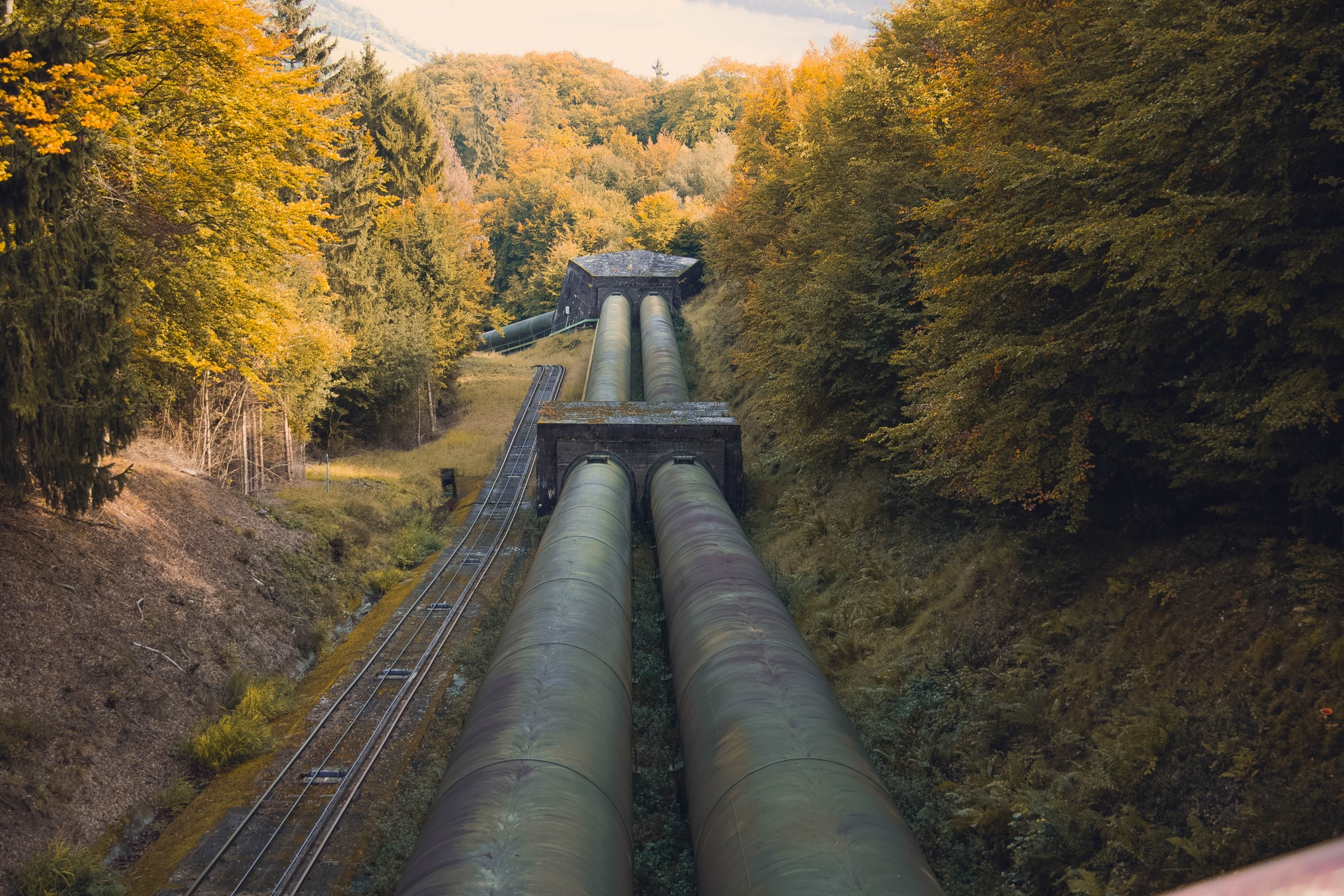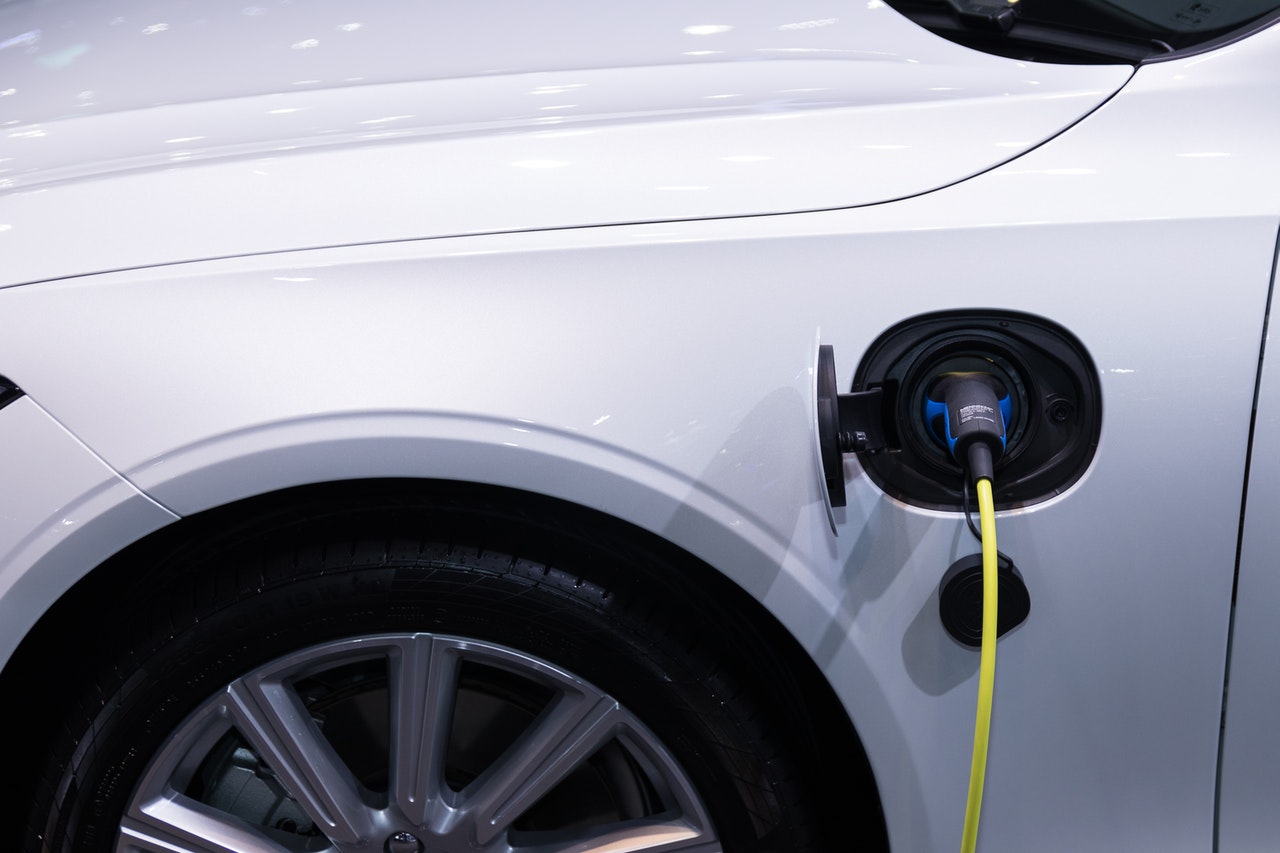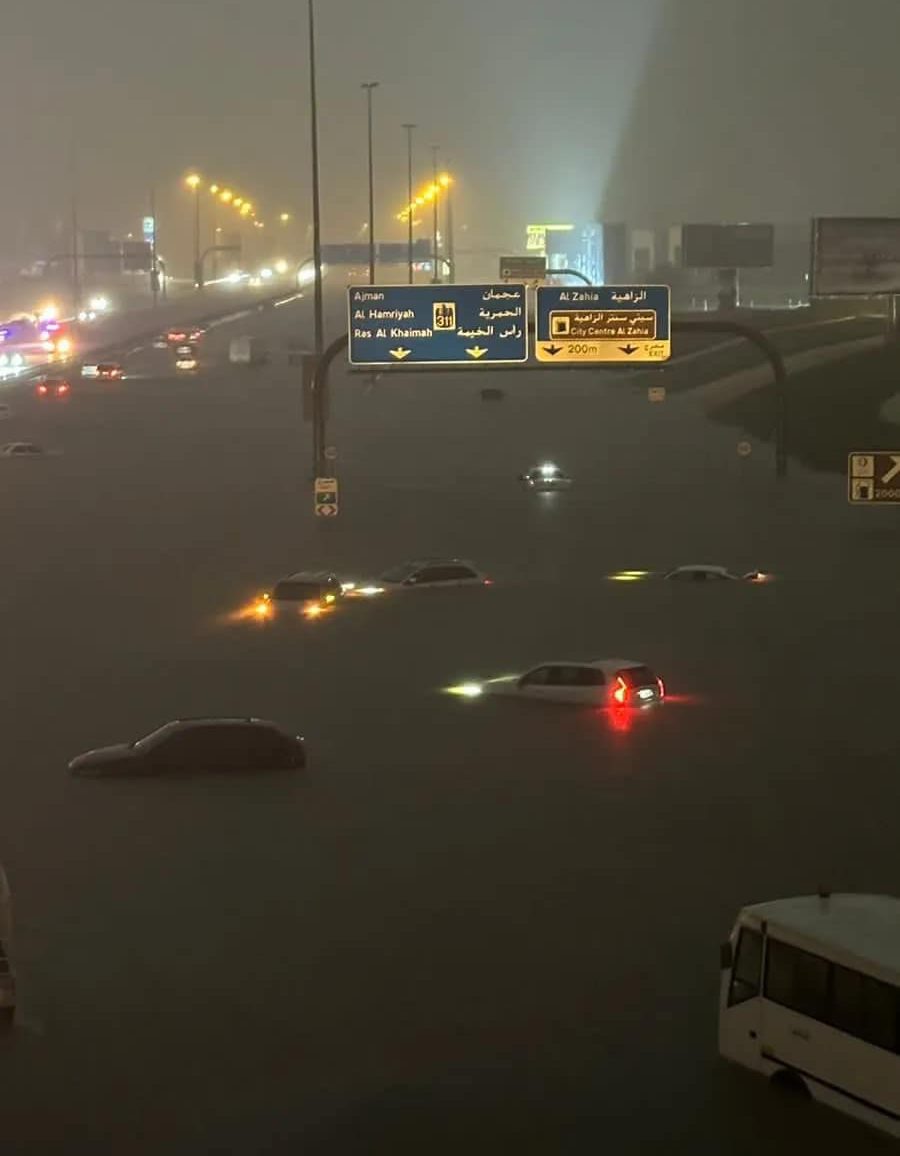An eleventh-hour compromise between European Union national leaders has resulted in a near-total ban on the import of oil from Russia, a crucial step for the continent as it seeks to undermine Russian power without direct confrontation.
The ban, effective through all 27 EU member states, will affect oil arriving by sea, which accounts for around two-thirds of imports. A concession was granted for oil arriving via pipeline, following opposition from Hungary, although Germany and Poland have pledged to end pipeline imports, meaning that around 90 per cent of Russian oil imports into the EU will be banned by the end of 2022.
European Council President Charles Michel said the deal cut off a huge source of financing for the Russian war machine as it ravages Ukraine. Russia currently provides around 27 per cent of the EU’s imported oil and 40 per cent of its gas, which has so far escaped sanctions. In total, these imports cost Europe some €400 billion.
Oil prices climbed on news of the EU embargo, with Brent crude rising above $123 a barrel, its highest level since March.
Despite being first proposed over a month ago by European Commission President Ursula von der Leyen, the EU’s sixth round of sanctions faced tough opposition from landlocked central European countries, led by Hungary, which imports 65 per cent of its oil from Russia and whose president, Viktor Orban, has close relations with Russian President Vladimir Putin.
The impasse was eventually resolved through an exemption for oil coming through pipelines, with the President Orban declaring the compromise a victory for his nation and telling Hungarians they could sleep soundly – protected from expensive fuel costs that the embargo would bring to the rest of Europe.
The southern Druzhba is the pipeline in question, a Soviet-era project supplying oil to Hungary, Slovakia and the Czech Republic, although Dr von der Leyen promised that the European Council would be revisiting the exemption “as soon as possible”.
The BBC also reports that a senior EU official confirmed that the three landlocked countries were given an additional guarantee that they could obtain supplies of seaborne Russian oil in the event of an interruption to pipeline supply.
WATCH: Rare torrential rain in Dubai wreaks havoc and causes major disruption
Flooding hits shopping malls, destroying stock
Spain to end ‘golden visa’ scheme over property market impacts
While countries are slowly banning the practice, Malta remains firm in keeping the scheme alive
Xiaomi electric vehicles delivery might be delayed by four to seven months
The company introduced a special version of its new model and gifted fridges as part of its campaign






